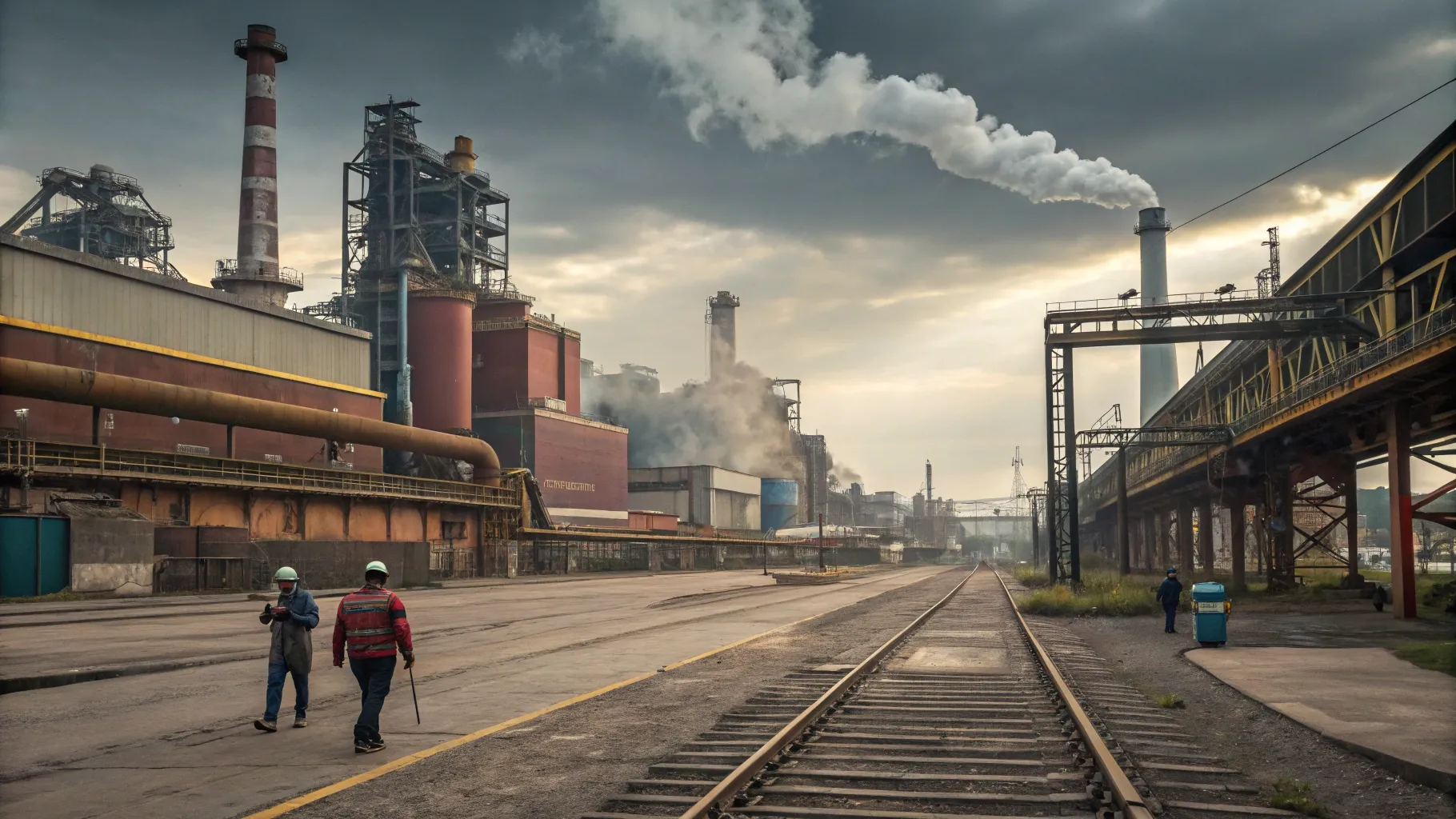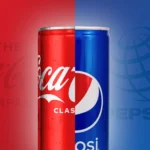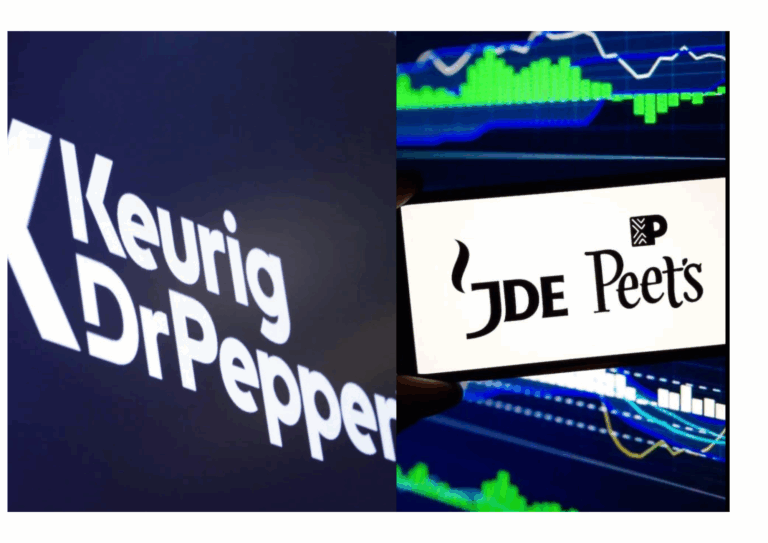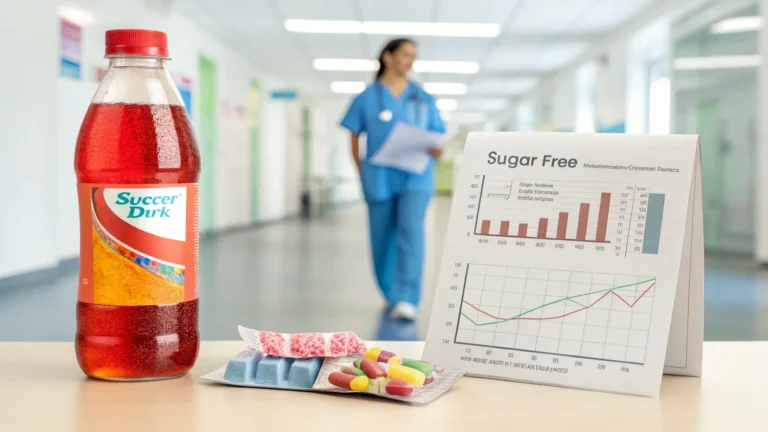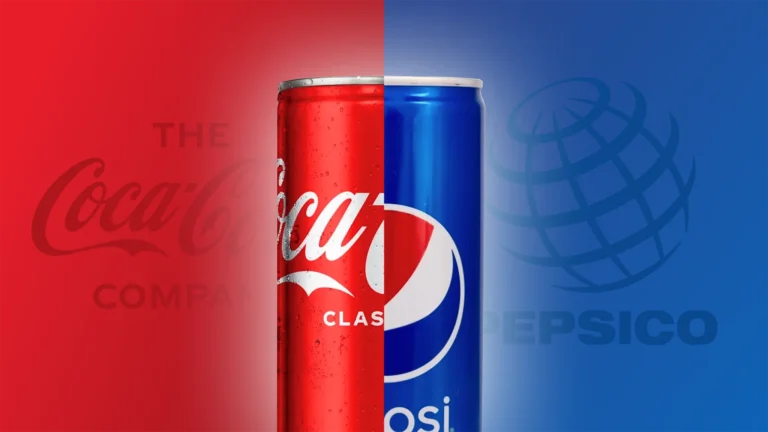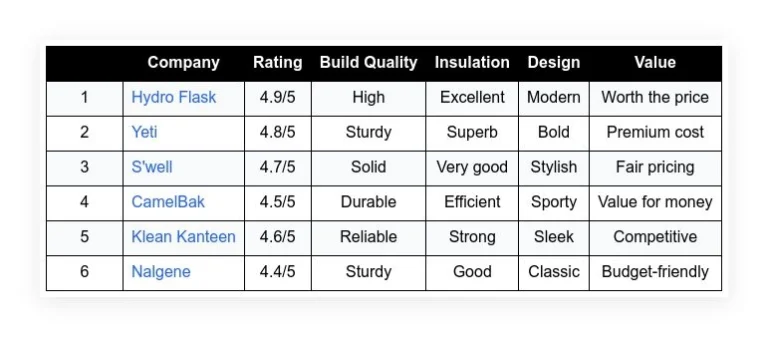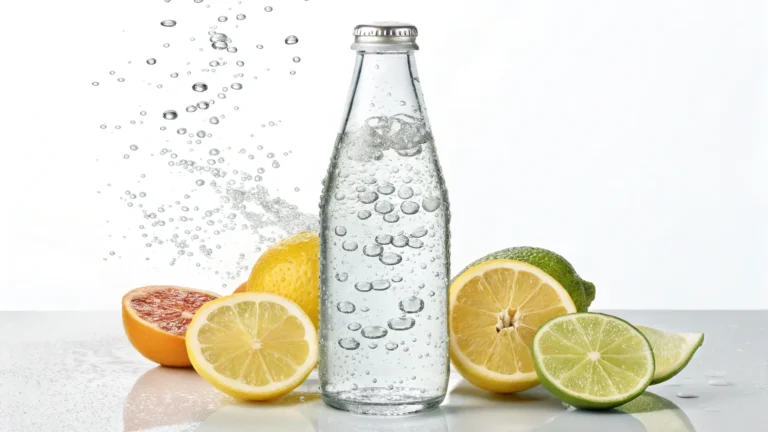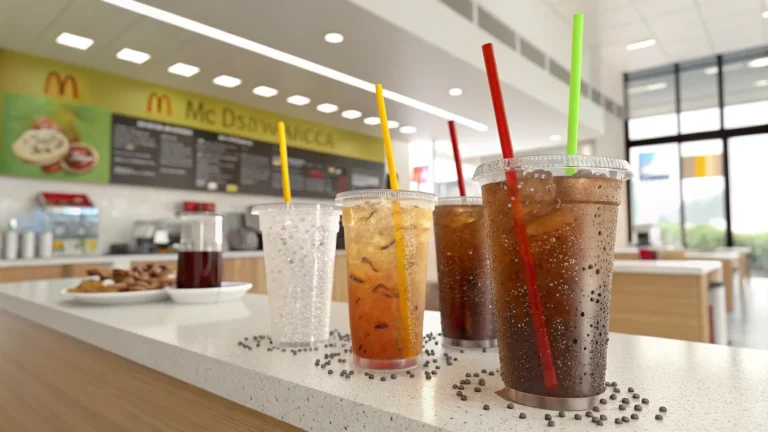A major labor stoppage at a steelworks in Mexico is impacting the supply of food-grade carbon dioxide. This gas is essential for producing fizzy drinks and beer, and the disruption has raised concerns for beverage makers as demand rises in the heat. The incident originates from a labor strike at the ArcelorMittal plant in Lázaro Cárdenas, Michoacán.
Background of the Disruption
Workers at the ArcelorMittal steelworks in Lázaro Cárdenas initiated a strike in late May. They are demanding an increased portion of profits and an extra bonus payment. The labor action has led to a complete halt in steel production at the facility. Since the production of carbon dioxide (CO2) is a natural byproduct of the steelmaking process, the stoppage directly affects the gas supply to other industries.
The CO2 produced at this plant uses a process known as HyL Direct Reduction. While the primary focus of the plant is steel production, a secondary stream of production yields food-grade CO2 used in soft drinks and beer manufacturing. The absence of CO2 supply now poses challenges for multiple sectors.
Impact on the Beverage Industry and Other Sectors
Sources familiar with the situation have noted that the shutdown of CO2 production is creating a visible shortage in the market. This shortage affects more than just beverage companies. It is estimated that around 30% of the overall CO2 required by the agro-industry, food processing, hospitals, and the bottled beverage sector is disrupted by this shortage.
Beverage companies, especially those that produce carbonated soft drinks and beer, are suffering the greatest impact. For these companies, CO2 is necessary to add the fizz to sodas and to adjust the texture and quality of beers after filtration. Without the necessary CO2, production lines may face delays, and product quality might be affected during periods of peak demand.
The president of the National Small Business Association (ANPEC), Cuauhtémoc Rivera, pointed out that beverage bottlers are experiencing the most significant problems. Rivera stressed that the delay in resolving the strike at ArcelorMittal is particularly concerning given the high demand during the summer months when temperatures soar.
Key Perspectives and Statements
Relevant voices from the affected sectors have expressed their concern. ANPEC’s Cuauhtémoc Rivera indicated that the shortage puts at risk the production of carbonated beverages. In discussions with industry sources, it was revealed that the interruption of the raw CO2 supply is serious enough to impact multiple segments of the market.
- Labor Demands: The workers’ demands include a better share of the profits and an additional bonus from the Luxembourg-based company.
- Production Halt: With the production of steel and CO2 stopped, manufacturers have reported a missing link in their supply chain.
- Industry Reaction: Beverage companies, including major players, have been forced to adjust pricing, reflecting the scarcity of the critical gas. For instance, Coca-Cola Femsa recently raised prices on both carbonated and non-carbonated drinks.
- Wider Uses for CO2: Besides beverages, industries such as food processing and healthcare use CO2 for various purposes, highlighting the wide-ranging impact of the strike.
During the labor action, around 3,500 workers from the National Union of Mine and Metal Workers have taken part in the strike. This group is led by Senator Napoleón Gómez Urrutia. The disruption has caused notable concerns in both the local economy and affecting industries far removed from steel production.
Economic and Industry Implications
The interruption of CO2 production at ArcelorMittal has not only affected soft drink and beer production but also has raised broader concerns about supply chain vulnerabilities in connected industries. With beverage companies preparing for a season of high demand, any ongoing supply issues could lead to shortages or increased production costs for end consumers.
The link between steel manufacturing and CO2 as a byproduct may seem unusual, but it plays a vital role in the production of everyday items. Beverage companies rely on a steady supply of CO2, emphasizing how one sector’s operation can have a ripple effect across multiple industries.
Loss of supply may force beverage manufacturers to find alternative CO2 sources. However, such alternatives may not match the volume or quality needed to meet strict food-grade standards. This has led to significant uncertainty among companies that count on the consistent availability of the gas.
Industry Responses to the Crisis
In light of the shortages, several stakeholders within the beverage industry are taking proactive measures. The response has mainly revolved around adjusting product prices to mitigate the increased costs of CO2. For example, as mentioned by Mr. Rivera, companies like Coca-Cola Femsa have already taken steps by raising the prices of their beverages.
Industry insiders feel that the resolution of the labor dispute is essential. Without a swift agreement between the workers and ArcelorMittal management, the supply of CO2 may remain unreliable. Beverage makers expect that the strike must be resolved quickly to prevent further disruption in their production schedules.
Another response from the industry is to potentially reevaluate how they source essential inputs. The current situation has underscored weaknesses in supply chains that many companies previously overlooked. Experts note that while alternate sources for CO2 exist, switching suppliers or processing methods is not a quick fix and might take time to implement effectively.
Wider Impact on the Economy and Local Community
The effects of the strike extend beyond immediate industry concerns. ArcelorMittal employs around 8,000 people in Lázaro Cárdenas, and the strike involves a significant fraction of these employees. The local community feels the impact, as prolonged operations could affect both the local economy and the broader industrial output in the region.
In addition to industry-specific recipients, sectors such as healthcare and food processing have reported challenges due to the shortfall of liquid CO2. Hospitals and food processors rely on CO2 for various applications, and the current shortage underscores a vulnerability in relying on byproducts from industrial processes.
This situation exemplifies how production adjustments in one primary industry can cause delays and interruptions elsewhere. Stakeholders are watching the events in Lázaro Cárdenas closely, aware that the resolution of the strike is a key step in stabilizing supply chains.
Long-Term Concerns and Possible Measures
The labor dispute at ArcelorMittal may prompt industry players to consider long-term strategies for supply resiliency. If similar disputes occur in the future, companies might seek ways to diversify their input sources and reduce dependency on a single method of production.
Industry experts suggest that better communication between production sectors and supply chain managers could help avoid such problems. While there are challenges in switching CO2 sources, investments in alternative processes may provide solutions if these disruptions continue.
Additionally, this incident raises questions about the working conditions and profit-sharing practices in large industrial companies. The workers’ demands highlight a broader conversation around fair labor practices and profit distribution within multinational firms operating in key sectors of the economy.
The strike has also alerted local government officials and industry regulators. There is a growing call for dialogue and intervention to ensure that disruptions in supply chains do not lead to broader economic instability, especially during peak seasons when consumer demand is highest.
Responses from Industry Leaders
Prominent leaders within the affected industries have openly shared their concerns regarding the current shortage. They point out that the delay in resolving the labor dispute could be a harbinger for similar supply chain issues in the future.
“The shortage of raw carbon dioxide prevents the processing to achieve the production of food-grade liquid carbon dioxide,” noted industry sources. “This lack of raw material causes a disruption in the supply of at least 30% of the carbon dioxide needs in agro-industry, the food industry, hospitals and the bottled beverages industry.”
Remarkably, industry voices are emphasizing communication and timely resolution as critical to preventing cascading effects. They recommend that companies engage in dialogue with policymakers and labor representatives to find a common solution that meets both worker demands and market needs.
Industry stakeholders agree that addressing the immediate shortages is important. However, there is also a need to reassess operational methods to prevent such occurrences in the future. A detailed review of the supply chain may help in identifying additional risks and preparing contingency plans.
Conclusion
The labor strike at the ArcelorMittal steelworks in Lázaro Cárdenas has significant repercussions on the production of food-grade carbon dioxide. The shortage disrupts the production of soft drinks and beer and affects other critical sectors such as healthcare and food processing. Beverage companies are already adjusting prices in response to the scare.
Industry observers stress that resolving the dispute swiftly is necessary. The current supply gap has shined a spotlight on interdependencies in industrial production. Given that even large-scale manufacturers rely on byproducts from steel production, the incident urges businesses to rethink their supply strategies.
Stakeholders hope that ongoing discussions between workers and company management will lead to a swift resolution. In the meantime, beverage and food industries must continue to monitor the situation closely and prepare for any prolonged impacts on production and pricing.
Frequently Asked Questions
Q: What sparked the CO2 shortage in Mexico?
A recent labor strike at a major steelworks halted production at ArcelorMittal. This stoppage disrupted the process by which food-grade CO2 is produced, leading to the current shortage.
Q: Which industries are most affected by the CO2 shortage?
While beverage manufacturers face the most immediate challenges, the shortage also impacts food processing, agro-industry, and even healthcare services that depend on liquid CO2.
Q: How have beverage companies responded to the shortage?
Companies have adjusted their pricing to manage the increasing costs of sourcing CO2. Leaders in the industry have expressed concern over production delays during periods of high demand.

